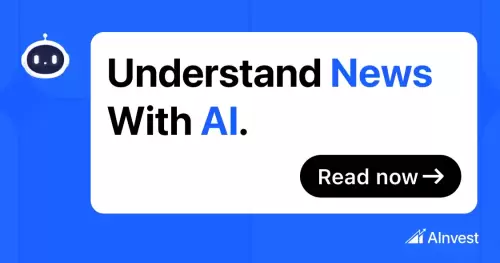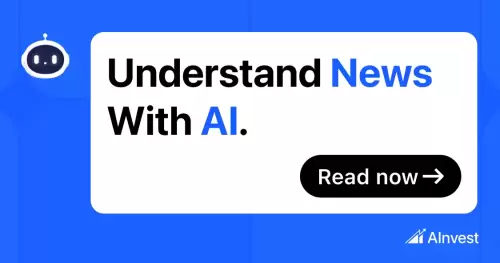 |
|
 |
|
 |
|
 |
|
 |
|
 |
|
 |
|
 |
|
 |
|
 |
|
 |
|
 |
|
 |
|
 |
|
 |
|
暗号通貨のニュース記事
The Solana Foundation has revealed that a critical vulnerability affecting its Token-2022 standard was quietly patched in April, averting what could have been a catastrophic breach.
2025/05/05 16:36
A critical vulnerability affecting Solana’s Token-2022 standard was patched in April, according to a statement by the Solana Foundation.
The bug, which affected a specific feature in Solana’s Token-2022 framework known as “confidential transfers,” could have been exploited to mint an unlimited number of tokens or withdraw funds from any account without authorization.
This feature relies on zero-knowledge cryptography, specifically the ZK ElGamal proof system, to enable private transactions. However, a missing algebraic component in a hash used for cryptographic verification left the door open for manipulation.
With this flaw, a malicious actor could forge a valid cryptographic proof. Such a fake proof would grant them the ability to mint new tokens or drain existing accounts without detection.
The issue was first reported on April 16 and was fixed within two days. The fix was coordinated by core development teams from Anza, Jito, and Firedancer, with additional support from Asymmetric Research, Neodyme, and OtterSec.
No exploit was observed, and the bug was patched quickly. However, the revelation caused some market jitters.
After news of the vulnerability broke, the combined value of these tokens dropped by around 5%, settling at $16.1 million.
The Solana Foundation’s decision to keep the issue quiet drew mixed reactions. Some critics argued that the manner in which validators quickly came together to coordinate such a complex fix reflects an uncomfortable level of centralization within the network.
One community member questioned whether validators could use similar coordination to carry out or cover up harmful actions in the future.
However, others defended the approach, adding that silent patches are a standard best practice when dealing with zero-day bugs. Industry veterans, including developers from Bitcoin and Polygon, said these behind-the-scenes efforts prevent real-time exploits while teams work on a secure fix.
Hudson James, a VP at Ethereum layer-2 network developer Polygon Labs, said: “This is totally fine. Bitcoin, Zcash, and Ethereum have all had instances where the core devs needed to privately plan a secret bug fix. A good chain culture means having mature devs who can accomplish stealth fixes.”
Anatoly Yakovenko, co-founder of Solana, also noted that validator coordination is not unique to his blockchain network. He compared the process to similar consensus-building mechanisms on Ethereum, which would usually involve validators like Lido, Binance, Coinbase, and Kraken.
免責事項:info@kdj.com
提供される情報は取引に関するアドバイスではありません。 kdj.com は、この記事で提供される情報に基づいて行われた投資に対して一切の責任を負いません。暗号通貨は変動性が高いため、十分な調査を行った上で慎重に投資することを強くお勧めします。
このウェブサイトで使用されているコンテンツが著作権を侵害していると思われる場合は、直ちに当社 (info@kdj.com) までご連絡ください。速やかに削除させていただきます。






























































